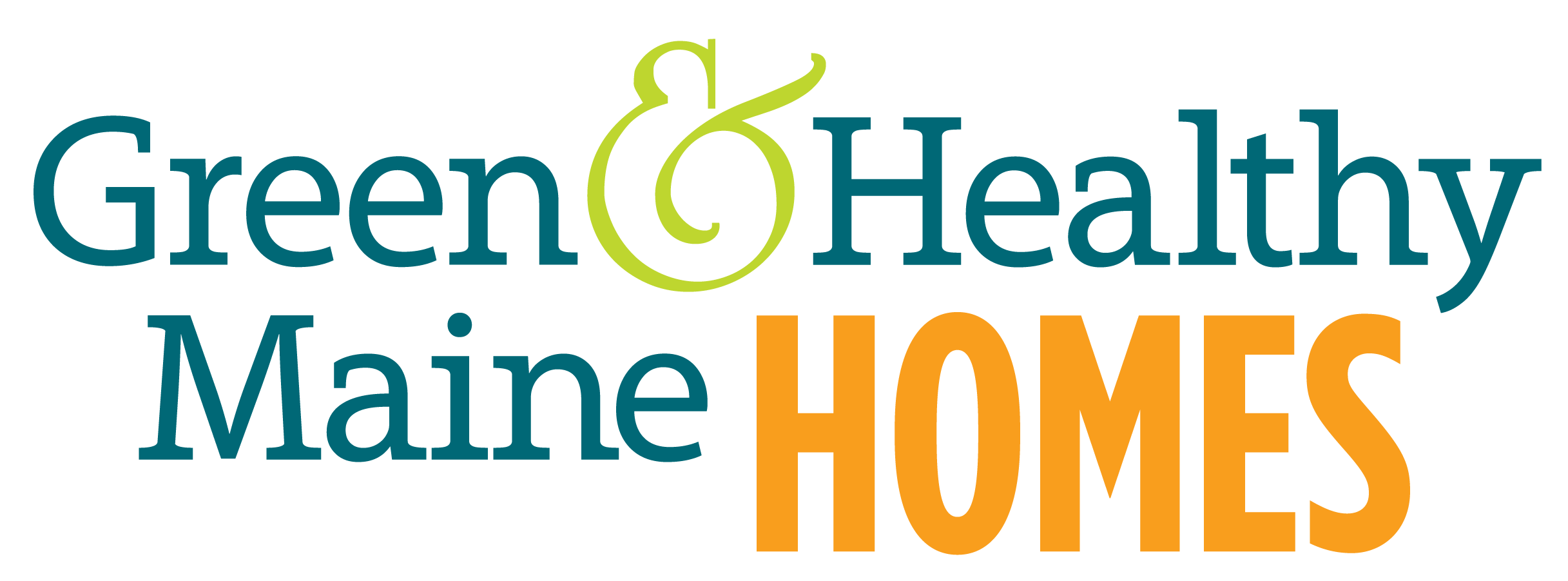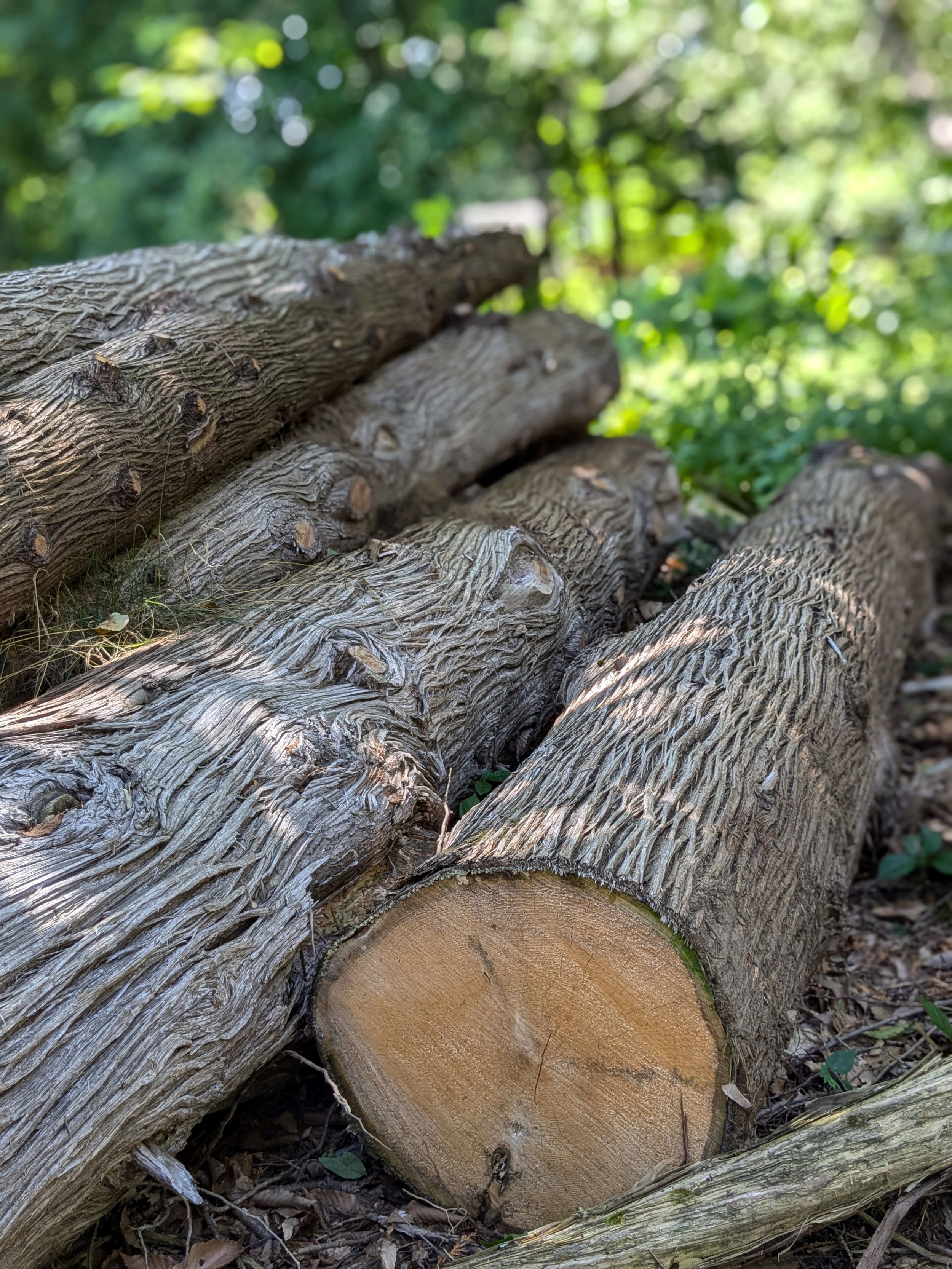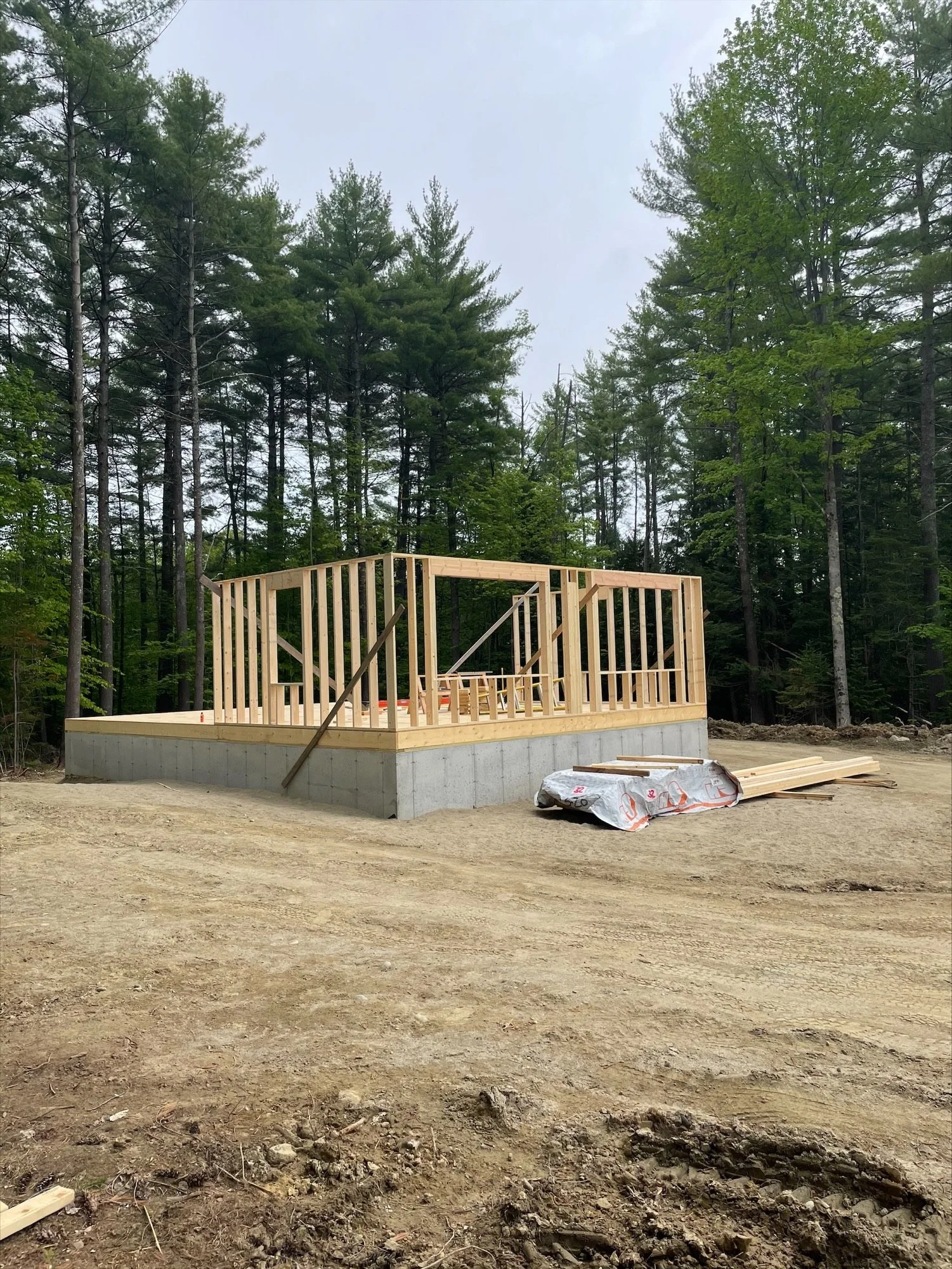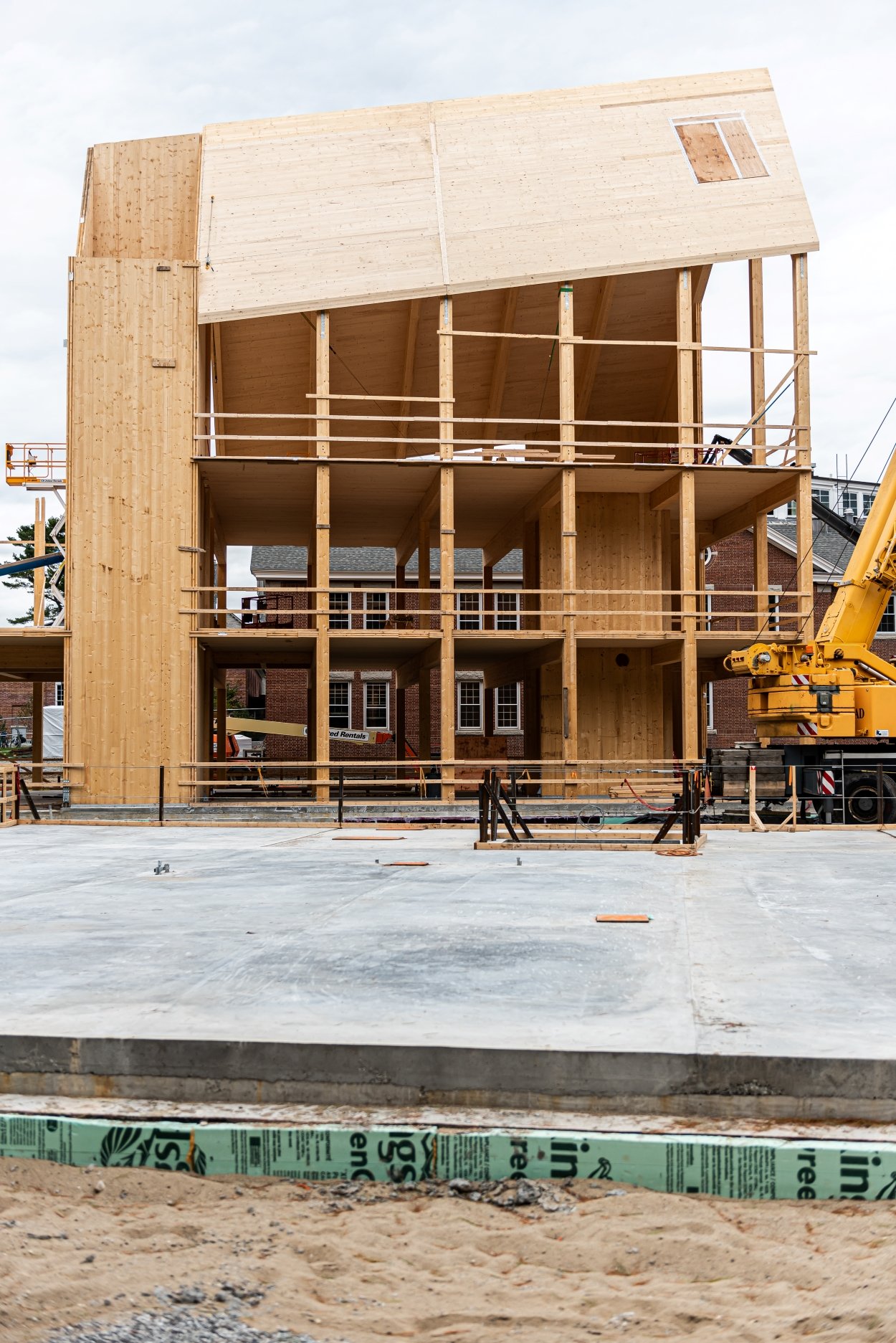Quick tips for improving your home’s energy efficiency
Keeping your home tight and as free of toxins as possible is a great way to save money, improve health and cut energy use. Here are a few of our favorite tips and resources to get started:
keep it cool during summer…and warm during winter
Have a home energy audit to assess where your house is leaking energy. Find providers on our Green Homes Business Directory and Efficiency Maine’s directory.
Seal and insulate your home. Reducing the amount of air that leaks in and out of your home can be a cost-effective way to reduce heating costs and improve comfort. Find resources at efficiencymaine.com/home-insulation
Reduce the need for air conditioning in the summer by installing window treatments, such as blinds and shades to reduce the amount of solar heat energy entering your living space during the hottest, sunniest times of day.
Looking to button up your home for increased comfort and save energy? Check out Sierra Club Maine’s Green Sneakers program and their tips and tricks for a more energy efficient home at sierraclub.org/maine/efficiency
Make (or buy) draft stoppers for your doors. To make your own, you will need an old pair of tights or knee socks and around 5 lbs of a filler like sand, uncooked rice or uncooked beans. Measure the length of the gap that needs stopping (or just eyeball it). Using one sock or leg of tights, snip off the foot just above the heel, tie a knot in one end. Make sure you have extra material at the other end for tying the closing knot. To fill the draft stopper without making a mess, use a funnel—you can even make your own by cutting off the bottom of a paper or plastic cup. Fill up the tube with enough rice to make your draft stopper the appropriate length, then tie off the top. Your draft stopper is ready to stop drafts, conserve heat and save money!
Did you know?
The average Maine home uses 530 kWh of electricity every month (and 6,360 kWh/year), which equals 5 tons of CO2. Put another way, this is the equivalent of 10,996 passenger car miles driven each year.
(Environmental Protection Agency)
Power up with renewable energy
Go solar! Maine is well suited for solar energy. According to the National Renewable Energy Lab, Maine’s annual solar resources are similar to those found in sunny Texas. And you may be surprised to learn that we can even produce solar power in the winter.
Offset home energy use with green power: Maine Green Power is a great local option that supports 100% Maine-produced green power.
Maine Interfaith Power and Light works to engage the faith communities of Maine in efforts to counter climate change through education, advocacy, energy conservation and the use of clean renewable power.
run efficient appliances
Look for the Energy Star seal on any appliances and electronics you purchase to ensure efficiency.
Unplug appliances when you’re not using them, or use a power strip. According to the U.S. Department of Energy, up to 75% of the electricity used to power home electronics is consumed by products that are switched off but not unplugged.
Instead of drying your laundry in the dryer, hang your clothes to dry outside or on a clothing rack. If you like a softer finish, fluff them in the dryer for 5 minutes after air-drying. Or try adding a half cup of white vinegar to the final rinse cycle in your washing machine to help dissolve the laundry detergent.
Replace your lightbulbs with long-life, high-efficiency LED lightbulbs. They are 83% more efficient than incandescent bulb and 32% more efficient than CFLs.
Keeping your refrigerator’s fan/coils clean can improve its energy efficiency by 9 kWh a month.
A programmable thermostat can save you 10-30% on your heating and cooling bills.
Replace your heating and/or cooling systems with efficient options that reduce the use of fossil fuels: heat pumps, pellet boilers and stoves, biofuels, passive solar, wood stoves, etc.) Find info on rebates and vendors at efficiencymaine.com
Look for WaterSense certified products to identify high-performance, water-efficient products like faucets, toilets, showerheads and more.
Check the air filter on your heating/cooling system regularly and change it if it is dirty (at least every 3 months). Dirty air filters make your system work harder to maintain temperature.
build better
Building a new home? Consider following the “Pretty Good House” model to find the sweet spot between price and performance. The Pretty Good House book is written by Maine authors with expertise in building science and sustainable design.
Sprucing up your rooms? Look for no-VOC and low-VOC paints, available at most paint supply stores.
Building anything with wood? Look for Maine wood products and FSC certified wood whenever possible.
Buying or selling a home? Look for a realtor with a “green realtor” designation. Learn more at green.realtor
Finally, you can find rebates, incentives and energy-saving tips for your home energy project at Efficiency Maine.
Read more about building with local wood
Maine’s source for green home solutions
Find Maine experts that specialize in healthy, efficient homes in the Green Homes Business Directory.
















